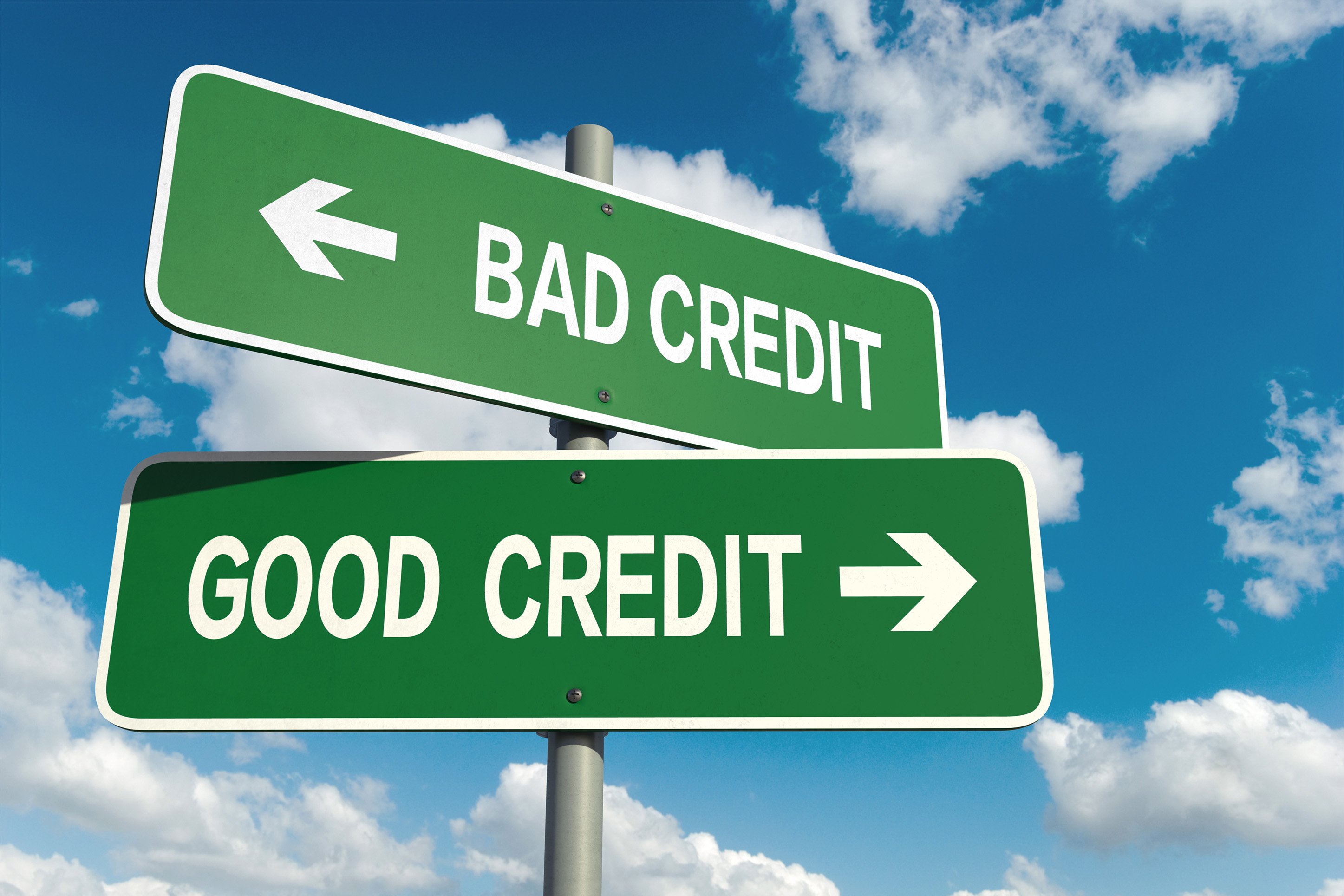Pay your bills on time
Credit card bills, mortgage, car payments, student loans: don’t miss payments or make late payments if you want to maintain a healthy credit score. Making on-time payments is one of the biggest ways you can help improve your score. The same goes for things like phone bills, utility bills and rent payments. Though these other payments have a minimal impact, failing to pay could result in companies reporting your account as delinquent, which would negatively impact your score.
Seek out different types of credit
Your credit score is based on more than just credit cards. It’s not usually a good idea to apply for credit that you don’t need (like getting a car loan when you don’t really need a new car). Every time you take out a new line of credit, the lender runs a credit check that shows up as a hard pull on your credit report. Too many hard pulls within a certain time period can even lead lenders to reject your application. But you don’t want to forget the positive impact that credit mix can have on your score. By having different types of credit on your report, you can prove to lenders that you can be responsible for managing different types of credit lines.
.jpg?width=2894&height=1929&name=2(8).jpg)
Keep your spending below your limit
It’s a bad idea to max out your credit cards, and that’s in part because having a better credit utilization ratio gives your credit score a boost. That ratio is the amount of credit you’re currently using divided by the amount you have available to you. Make sure that you’re spending well below your credit limit when you’re using credit cards, paying down your balance throughout the month if you need to in order to avoid maxing out cards.
Use bill reporting services
While it’s true that non-credit bills don’t usually have much positive impact on your credit score when you’re paying them on time, there are some ways to make your major payments work for your credit score. Rent reporting services (usually for a small fee) report your rent payment history to the major credit bureaus. That way, you can build your score with your on-time payments and reliable payment history. It does come with a cost, but that might be worth it if you’re just getting started and want to build your credit.
.jpg?width=2894&height=1929&name=3(8).jpg)
Start building credit early
It doesn’t feel great to apply for your first rewards credit card or seek out financing for a car for the first time and have your application rejected because of insufficient credit history. So don’t wait until those milestones to think about building your credit. You might look into a secured credit card while you’re still in high school, where your spending limit is based on a deposit you put on the account. This can show the credit bureaus that you’re responsible enough to make on-time payments. You might also want to apply for a credit card or auto loan with a parent or other adult in your life as a co-signer. Start building your credit score responsibly.
Build your credit and keep your money safe at the same time with a line of credit from RMCU. If you’re not sure whether you have a high enough credit score to qualify for the loan or credit card you’re interested in, contact a personal loan officer about your application. Reach out to see how your credit score can work for you.

.jpg?width=2894&height=1929&name=2(8).jpg)
.jpg?width=2894&height=1929&name=3(8).jpg)
